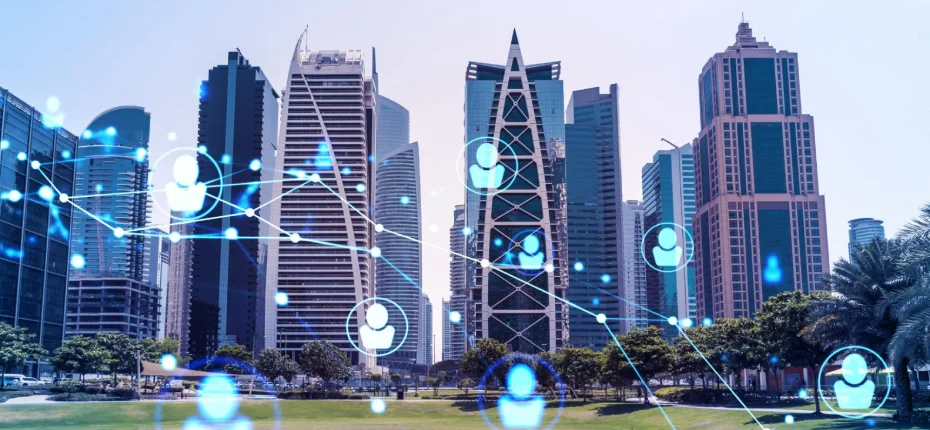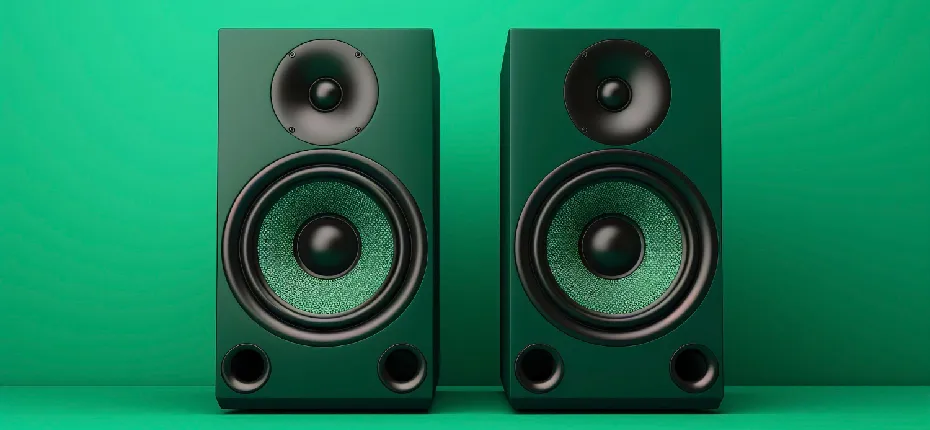Role of Wireless Networks in Dubai’s Smart City Transformation
Dubai is on a mission to become one of the smartest cities in the world. The city has been integrating advanced technologies to improve the quality of life of its residents and businesses. A key factor in this transformation is the deployment of wireless networks. These networks connect people, devices, and systems, improving communication, automation, and efficiency. The strategic deployment of wireless networks is central to this digital revolution. Opting for wireless network installation in Dubai enhances connectivity, supports smart applications, and drives sustainable urban development. But how does wireless technology contribute to the city’s smart vision? Let’s explore its role in this transformation.

The Importance of Wireless Networks in Smart Cities
Wireless networks form the backbone of any smart city. They provide seamless connectivity, allowing digital services and applications to function smoothly. The government has invested heavily in wireless network installation in Dubai to create an efficient, safe, and sustainable city. These networks enable smart transportation, energy management, public safety, and other critical services.
How Wireless Networks Support Smart Cities?
- Connectivity: Wireless networks connect millions of devices, from smartphones to smart home systems, creating an interconnected ecosystem.
- Real-time data exchange: Sensors and IoT devices rely on wireless networks to collect and share data instantly.
- Automation and AI integration: Advanced AI systems use wireless networks to analyze data and make automated decisions.
- Scalability: Wireless technology can be expanded easily, allowing smart city projects to grow without heavy infrastructure changes.
Enhancing Public Services with Wireless Technology
Smart Transportation
Smart Healthcare
Wireless networks benefit the healthcare system in various ways. Telemedicine services, remote patient monitoring, and AI-powered diagnostics rely on wireless connectivity. Hospitals use wireless devices to track patient data, improving response times and medical accuracy. With wireless network installation in Dubai, healthcare providers can offer seamless digital health services.
Smart Security and Public Safety
Sustainable Urban Development and Wireless Connectivity
Smart Energy Management
Environmental Monitoring
The Role of IoT in Dubai’s Smart City Vision
The Internet of Things (IoT) is important in making Dubai a smart city. IoT devices collect and transmit data over wireless networks, making urban management more efficient. Dubai’s Smart City initiative has deployed thousands of IoT devices in various sectors.
How IoT Devices Work with Wireless Networks?
- Smart streetlights: Adjust brightness based on real-time traffic and pedestrian movement.
- Intelligent waste management: Smart bins notify waste collection services when they are full, reducing unnecessary pickups.
- Connected buildings: IoT-enabled offices and homes optimize energy use, security, and automation.
With a strong wireless network installation in Dubai, IoT applications continue to grow, making the city smarter and more efficient.
Challenges in Implementing Wireless Networks in Smart Cities
While Dubai has made significant progress in building a smart city, implementing and maintaining wireless networks presents challenges.
Cybersecurity Risks
A connected city is vulnerable to cyber threats. Protecting sensitive data from hacking and breaches is essential. Dubai has implemented strict cybersecurity policies to safeguard wireless networks from potential attacks.
Infrastructure Costs
Building and maintaining a large-scale wireless network requires significant investment. Dubai’s government and private sector partners collaborate to fund smart city projects, ensuring long-term sustainability.
Data Privacy Concerns
With so much data being collected, privacy is a major concern. Dubai follows global best practices in data protection to ensure citizens’ information is secure.
Future of Wireless Networks in Dubai’s Smart City Vision
Dubai continues to innovate in wireless technology, with exciting developments on the horizon. The rollout of 5G networks is set to enhance connectivity further, enabling faster speeds and lower latency. This will improve smart city applications, from autonomous vehicles to advanced AI-driven services.
The UAE’s ambitious vision for a fully connected city relies on continuous advancements in wireless network installation in Dubai. As technology evolves, the city will integrate even more smart solutions, making life easier, safer, and more sustainable for its residents.
Conclusion
Wireless networks are the foundation of the smart city transformation. Wireless technology is revolutionising cities ‘ operations, from transportation and healthcare to security and sustainability. The strategic wireless network installation in Dubai from Zas Tech LLC ensures seamless connectivity, supporting smart applications that enhance daily life. While challenges like cybersecurity and infrastructure costs remain, the commitment to overcoming them drives innovation. With continuous investment in wireless networks and emerging technologies, the vision of becoming the world’s smartest city is rapidly becoming a reality.







